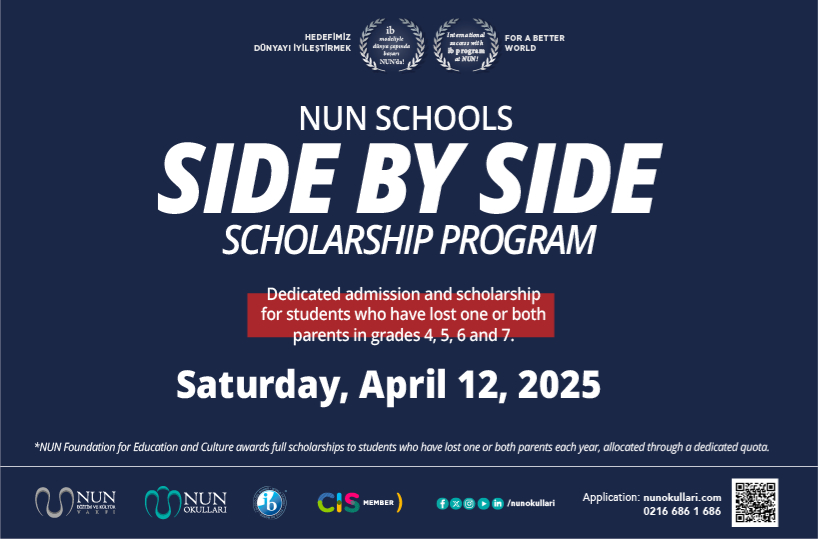
NÛN Foundation for Education and Culture Introduces the Side by Side Scholarship Program!
"i and the person who looks after an orphan and provides for him will be in paradise like this." ...
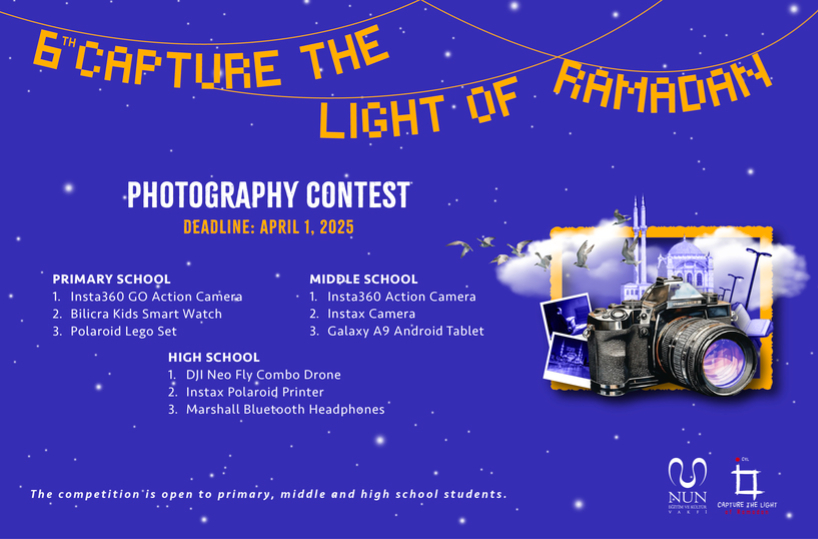
Capture the Light of Ramadan!
the month of ramadan is back with all its excitement. capture the light photography contest starts...
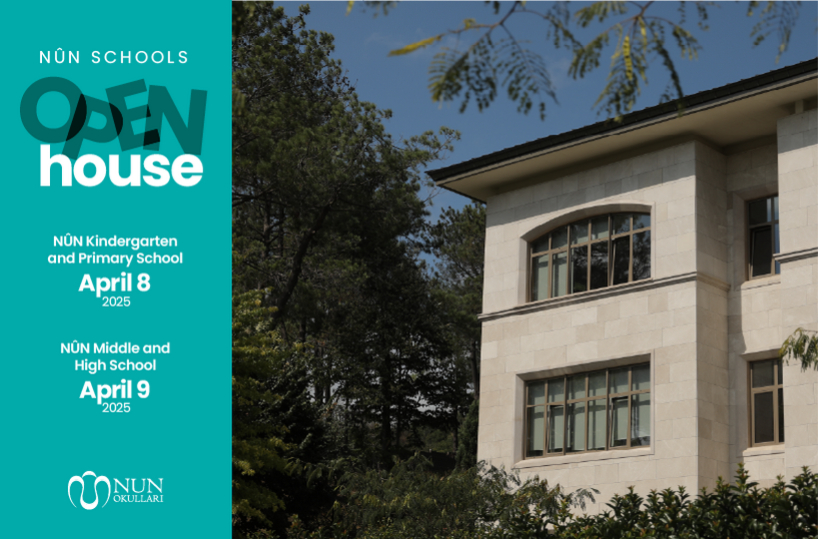
Open House at NÛN Schools Starts!
discover nûn schools at our open house events to experience our unique educational philosophy teac...
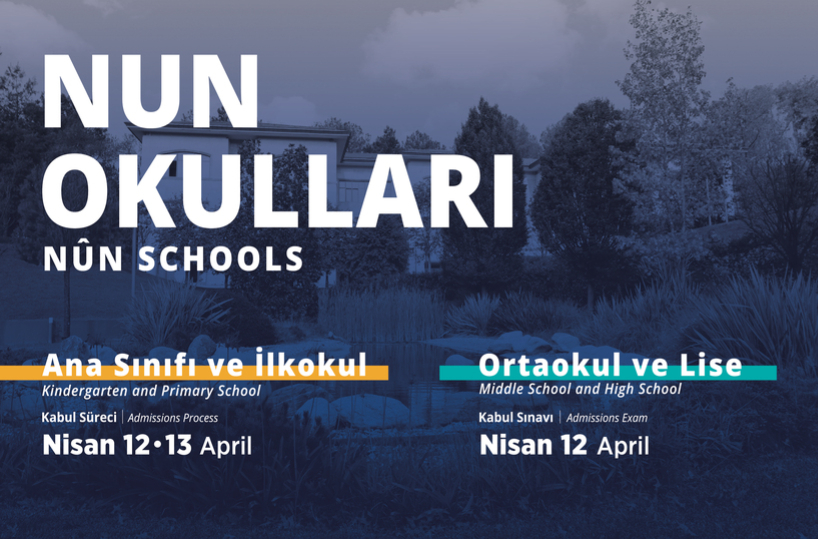
NÛN Schools student admission process has started!
at nûn schools, students’ self-journey to be a “good person” is given equal importance as their ac...
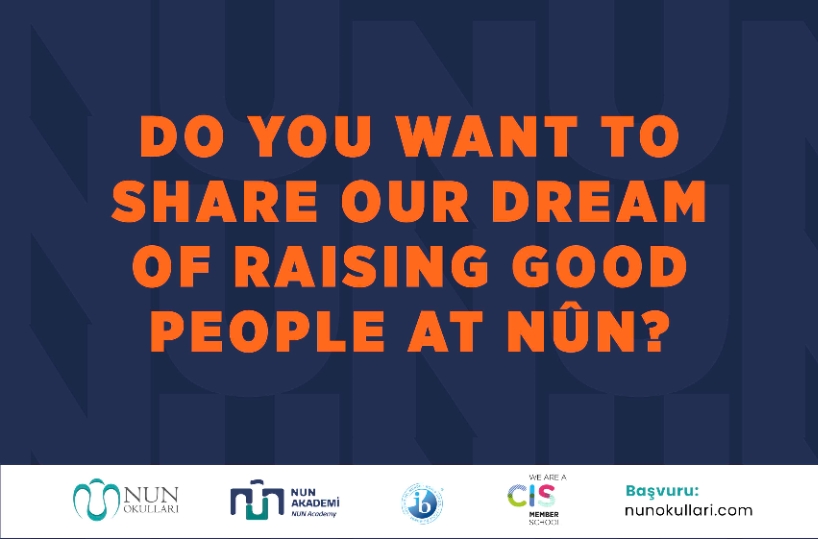
Do you want to share our dream of raising good people at NÛN?
at nûn schools, we embarked on a journey of imagination by envisioning courageous and spirited you...
Ilyasah Shabazz was at NUN Schools

The author and human rights activist Ilyasah Shabazz, who came together with our middle school and high school students, started the program as follows: “There is no black or white; there are right and wrong, good and bad people. My father Malcolm X struggled in order to rule out the wrongs and injustices. This struggle that I continue with pride today takes its power from education.”
During his entire talk Shabazz emphasized the significance of education and he quoted the following words of his father, which affected all students and particularly excited the girls: “When you educate a man, you educate the society, but when you educate a woman, you create a nation. Girls, discover your power! Boys, respect this power. Both can occur with education only.” Shabazz talked about his father’s world view and philosophy and said that his struggle always relied on education and love. He shared his pride for living as a Moslem and reminded all that they needed to carry an important responsibility. He stressed the point that it was us who determined the answer to the question “What kind of a person is a Moslem?” and he also mentioned the point that each Moslem should feel the responsibility for representation.
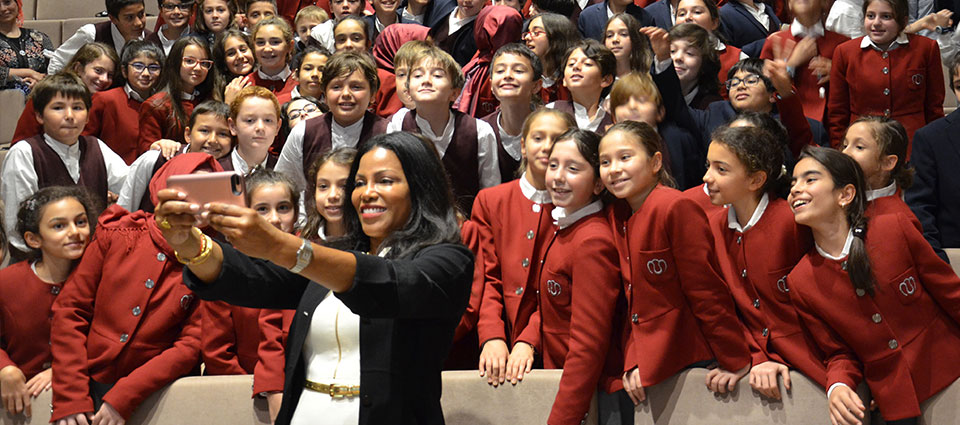 In the last half hour of the session Shabazz answered the questions of our students. He explained the sources for motivation in his struggle as “care, love and affection” and emphasized that he had hope in young people. Each of his answers increased the excitement of our students. He answered the question in the finale, “Have you ever felt anger or hate for the killers of your father?” with no longer consideration and in a very certain way, “No, never! I learned from my father to love humanity.” And this was a source of inspiration for our students.
In the last half hour of the session Shabazz answered the questions of our students. He explained the sources for motivation in his struggle as “care, love and affection” and emphasized that he had hope in young people. Each of his answers increased the excitement of our students. He answered the question in the finale, “Have you ever felt anger or hate for the killers of your father?” with no longer consideration and in a very certain way, “No, never! I learned from my father to love humanity.” And this was a source of inspiration for our students.